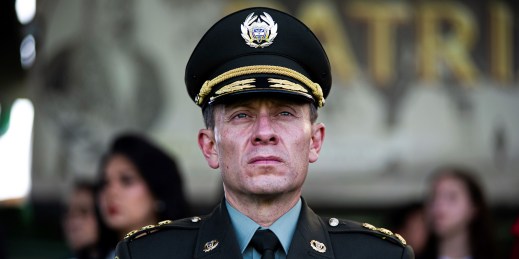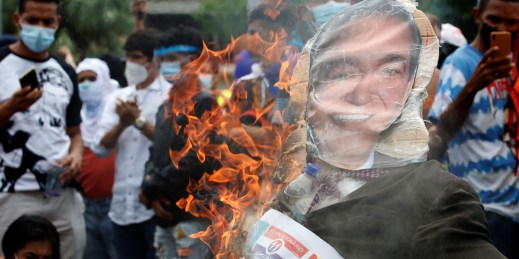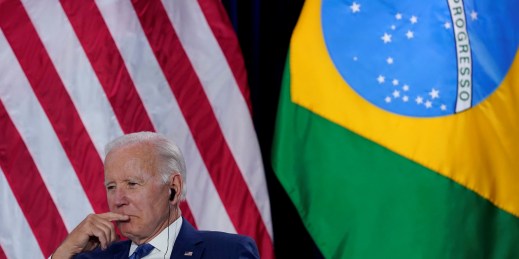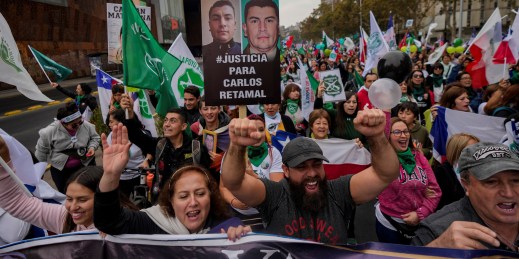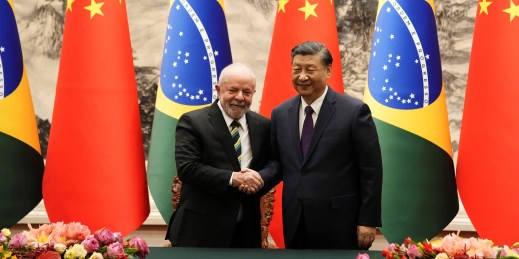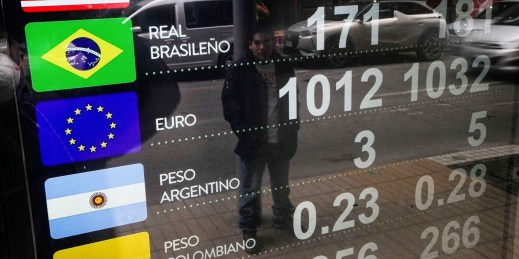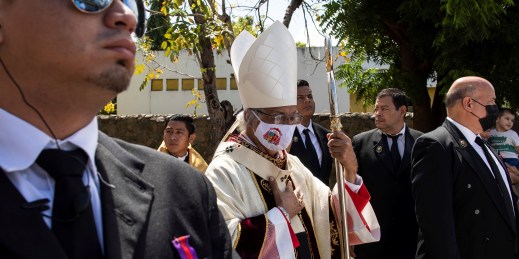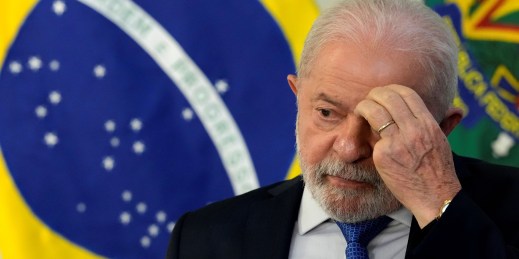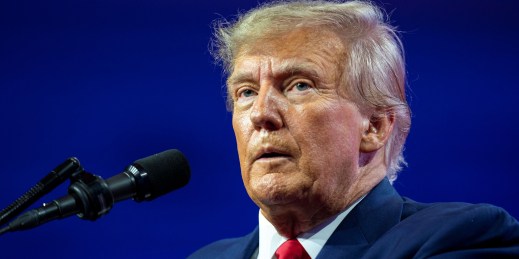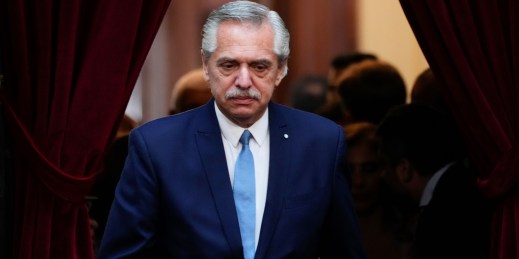
Last Friday, Argentine President Alberto Fernandez announced he would not seek reelection, leaving the country’s wide-open presidential race even more uncertain. Both the Peronist camp and the center-right opposition are now without a clear candidate, but whoever becomes Argentina’s next president will have their work cut out for them.

